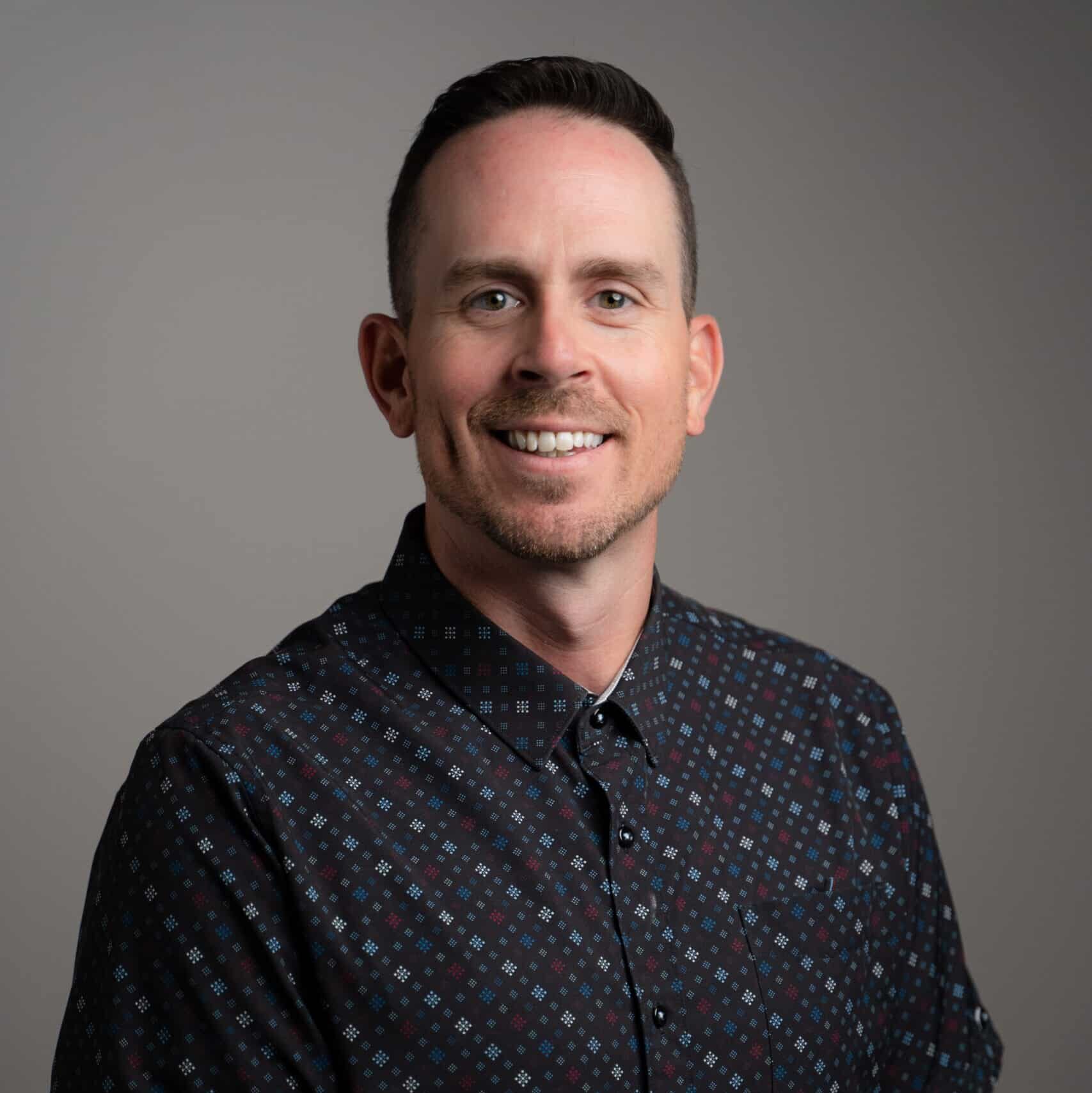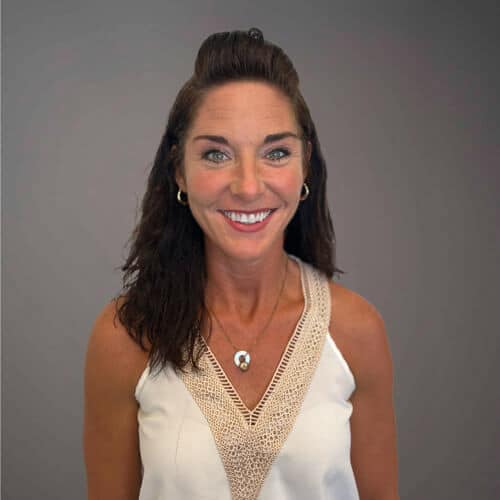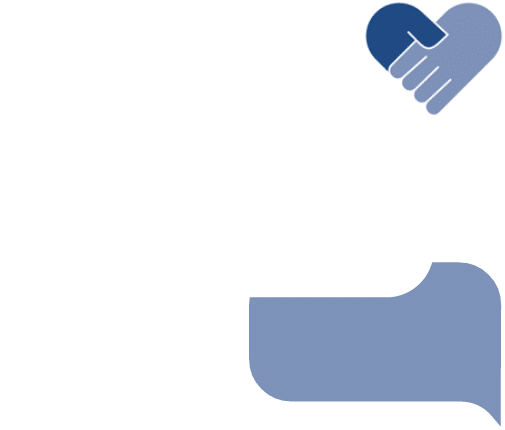Intervention Services in Oklahoma for Families of Loved Ones who are Struggling with Addiction and Mental Health Disorder Concerns
Our Interventionists in Oklahoma and Nationwide Deliver our S.A.F.E.® (Self Awareness Family Education™) Addiction and Mental Health Intervention Services and Family Recovery Coaching Program to Families who can no longer wait for their loved one to ask for help or hit bottom.
How many times has a family heard these words? You can only do something once they want help, ask for help, or hit bottom. Another quote families often hear is you can lead a horse to water, but you can’t make it drink. At Family First Intervention, we believe there is truth to both things, and the quotes and words are shallow thinking. You must indeed have hope and desire to address your addiction and mental health concerns. Where and how does this desire come about? If we can’t change the person, we change everything we control. We have never witnessed a situation where we could not adjust the intended patient’s environment, which includes the family system. Since the environment is one of the number one predictors of outcomes, we know that it must change for the person with addiction and mental health struggles to advocate for their care. Change will only happen when the intended patient sees more pros for change than cons. In other words, if their path appears to be the best, chances are excellent that they will not explore different paths. Acquiring ambivalence is not our opinion; this is the science called the second stage of change.
Dysfunctional family systems, enabling, codependency, family secrets, fear, dishonesty, manipulations, victim mentality, guilt, shame, anger, and resentments, just to name a few, often prevent the family from doing something different, which in turn allows the loved one to do nothing further. What we are saying is that you can lead a horse to water, and you can make it drink, but how? You need two things: patience and boundaries. You may not be able to make the horse drink with force, but you can outsmart the horse until its survival instincts kick in. We are not saying your loved one is a horse or animal. What we are saying is if it comes down to drinking or dying, the horse will eventually consume. If you enclose the horse inside a fence with a fresh drinking trough, it will ultimately drink after you have led it to the enclosed area. The only way this horse would not drink from the trough is if someone, scared for its safety, let the horse out to run free and do as it wishes with no accountability. The horse analogy is an example of an enabling family system or a family not on the same page. This example did not change the horse; it changed the environment and brought the horse to its bottom to drink.
There is much more to intervention than the above example, yet hopefully, you see our point. Whether your loved one accepts help or not, we try to help everyone answer whether the family feels they did everything they could to help their loved one and stop the path of destruction.
A Local Oklahoma Interventionist in your area does not equal the best fit for your family, loved one, and needs
Above, we stated that the environment was one of the number one predictors of outcomes. The other number one predictor of outcomes is the client-counselor relationship. People travel all over, sometimes to other states, for the right doctor or medical care. Some people hire attorneys who seek approval to practice in other states because they are the best fit for the job. Interventionists fall under this category of professionals. There are too many moving parts, required experience, and attention to detail to think that a solitary local interventionist in Oklahoma or any other area you are in will be capable of addressing your needs. To put the importance of the client-counselor relationship into perspective, we may not even send you our local Oklahoma interventionist as they may not fit your family, loved one, and needs. Having eighteen interventionists on staff allows us to assign a professional to your family to accommodate your situation.
Interventionists in Oklahoma and everywhere else require a support staff and family recovery curriculum to deliver an intervention based on its clinical definition. An intervention is a specific clinical strategy to address a problem or behavior and meet a particular goal. In other words, an intervention is not an event seen on television; it is a clinical instrument that can be carried out dozens of times in one day on one client in treatment. Because the volatility of both the family and their loved one experiencing addiction and mental health crises is going to require hundreds of interventions before, during, and after the face-to-face intervention, a family cannot expect a solo interventionist to handle this. A person coming to your home to talk your loved one into treatment with a couple of hours of preparation is not an intervention. An intervention requires more attention on the back end than during the process. Interventionists who only focus on getting your loved one into treatment prevent both your loved one and your family from the education, guidance, and support that will be necessary after the intervention, regardless of the outcome. Solo interventionists or those who try to coach you over the phone to do the intervention yourself are not helping you, and they are doing what you can get for free from members at your local Alcoholics or Narcotics Anonymous meetings in Oklahoma. Solo interventionists with no team or support staff and those who ask you to pay for an intervention over the phone are not putting your family or your loved one first. They are only doing what others can do free of charge.
An intervention is not about how to control your loved one with a substance use or mental health disorder; it is about learning how to let go of believing you can.
Why our Addiction and Mental Health Intervention Services work when we address the Family First
By now, you most likely understand why a family must first address their role in the family and their contribution to their loved ones’ environment. When families do not address their role in addiction or mental health, they are missing a significant opportunity to contribute to their loved one’s overall success. For a family to believe that the only one that needs to get better is, the one with addiction or mental health struggles is to think that the family has not been affected or contributed to the problem in some way, shape, or form. We are not saying that any of this is the family’s fault. We are saying that families often hold their loved one back from recovery in ways that either keep their loved one more comfortable than they otherwise should be or allow themselves to be held hostage by addiction or mental health.
If the environment, which includes the family, does not change, the addict, alcoholic, or loved one with mental health issues most likely will not either. Besides, waiting for your loved one to take the first step rarely ends well. Families can take the first step when they want help or have reached their bottom. Somewhere, society has given the other side all the power, believing we must wait for the substance user or the one with a mental health disorder to take the first step. If nothing changes, then nothing changes, and it is up to the family, who is in a much better position, to make cognitive changes over the one with addiction or mental health concerns. Remember, you do not have to wait for your loved one to ask for help or hit bottom, and you can lead a horse to water and make it drink; all you need is patience and boundaries.
“The most formidable challenge we professionals face is families not accepting our suggested solutions. Rather, they only hear us challenging theirs. Interventions are as much about families letting go of old ideas as they are about being open to new ones. Before a family can do something about the problem, they must stop allowing the problem to persist. These same thoughts and principles apply to your loved one in need of help.”
Mike Loverde, MHS, CIP










